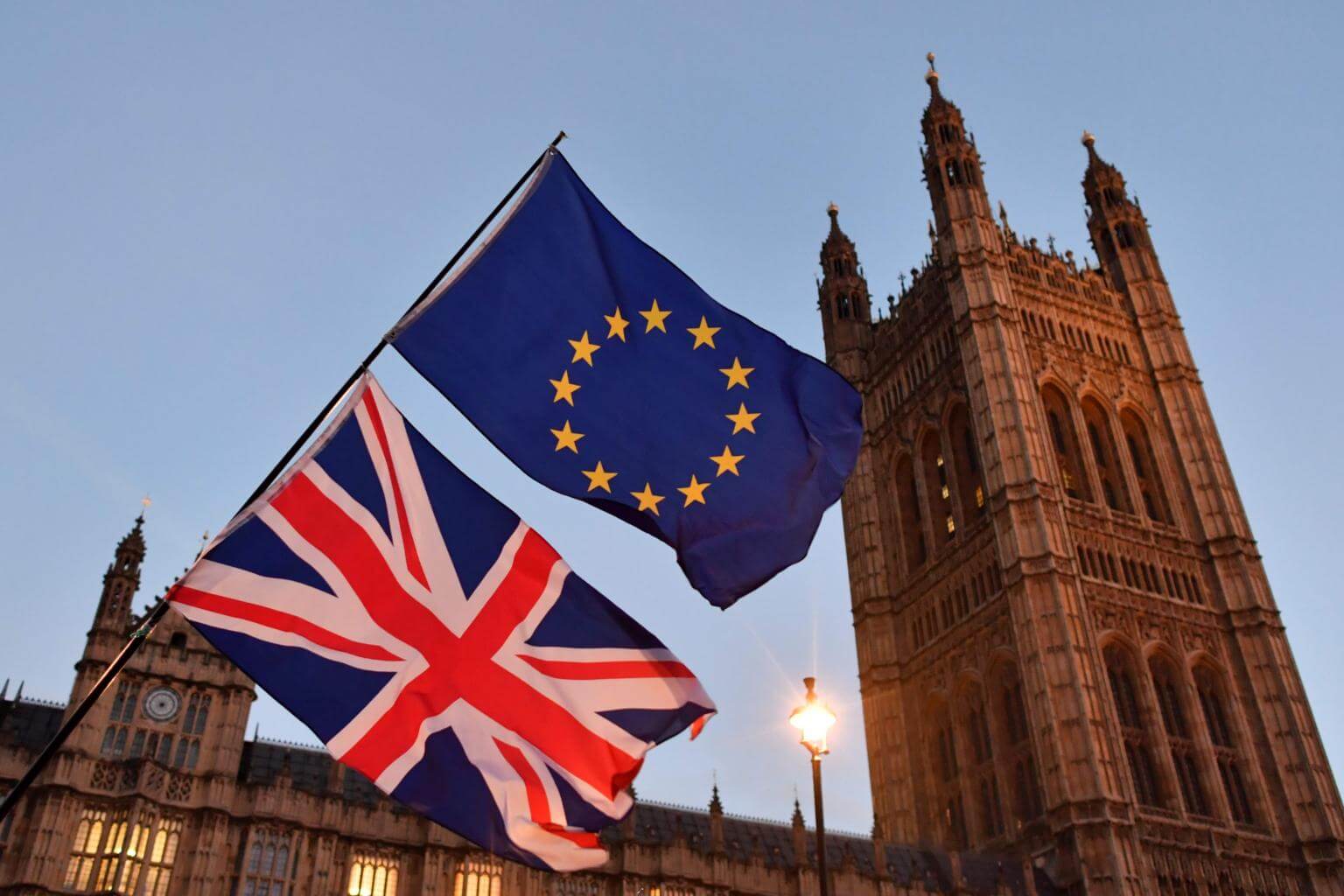EU judges to rule on what happens if Britain changes mind on Brexit
Sign up now: Get ST's newsletters delivered to your inbox

The EU's Lisbon Treaty tells member states how to start the process of leaving the bloc, but it offers no help on what to do it they change their mind.
PHOTO: AFP
Follow topic:
LUXEMBOURG (BLOOMBERG) - As British Prime Minister Theresa May strives to get her Brexit deal through Parliament, lawsuits are piling up with the potential to change the course of the nation's biggest constitutional crisis since the 1930s.
On Monday (Nov 26), the European Union's General Court in Luxembourg rules on a challenge by expats including Mr Harry Shindler, a World War II British Army veteran.
They argue that the EU's decision to start Brexit negotiations was illegal because they were denied a voice in Britain's 2016 referendum. Britons who had lived overseas for more than 15 years had been barred from voting then.
The key question for judges will be whether such a direct challenge is admissible.
That is followed on Tuesday by a hearing at the EU's Court of Justice (ECJ) - the bloc's highest tribunal - on potentially the most important Brexit case of all.
The question being asked of a 27-judge panel is crucial for the Britons who voted against Brexit and would like another referendum: Could the United Kingdom unilaterally revoke its intention to leave, and if not, what must it do?
"The case is profoundly important," said Mr Jolyon Maugham, the pro-Remain lawyer spearheading the case in a group that includes some Scottish politicians.
"If members of Parliament only have two choices to accept the deal or to leave without a deal, they're likely to accept the deal, even if they don't like it. If MPs have three choices, to accept the deal, to leave without a deal or to remain, then it seems to me they're likely to remain."
Britain's Department for Exiting the EU lost a bid to derail the case last week, as the country's Supreme Court refused to hear an appeal that could have prevented it going to the EU tribunal.
The department insists the case was pointless because the government has no intention of revoking the so-called Article 50 letter, which set the clock ticking on the Brexit process in March 2017.
The issue is complicated because while Article 50 of the EU's Lisbon Treaty tells member states how to start the process of leaving the bloc, it offers no help on what to do it they change their mind.
A final ruling could come soon as next month.
Opinions on how the court will approach the case - and its potential impact - differ widely.
Mr David Edward, a retired Scottish lawyer who served as a judge at the EU's top court until 2004, said even if a political consensus to step back from the precipice emerges, "the politics of the EU are subject to the law of the treaties" that underpin the bloc.
"I assure you that this is a serious and live legal question. That's why the UK government was so keen that the reference to the ECJ should not be made. It's crucial to the debate in the UK - particularly as regards a second referendum - to know whether there's any way out before the axe falls."
Mr Gunnar Beck, a member of the pro-Brexit group Lawyers for Britain, called the lawsuit "a waste of resources", saying the EU court "will not issue advisory opinions on general or hypothetical questions".
For Mr Beck, a German, it is impossible for the EU tribunal to be an "impartial arbiter" between the EU and a former member state.
"It's not an impartial court, but it's an imperial court."
Mr Jean-Claude Piris, the former head of the EU Council's legal service, said he thinks judges should say that Article 50 is revocable and "that it is a question which is totally unilateral".
But, politically, the judges may be tempted to say that the other 27 states should have to say "yes," according to Mr Piris.
That would avoid a scenario where the UK would revoke the process and then ask to withdraw again at a later stage.
"It's an important case, a political case, a constitutional case," he said.

